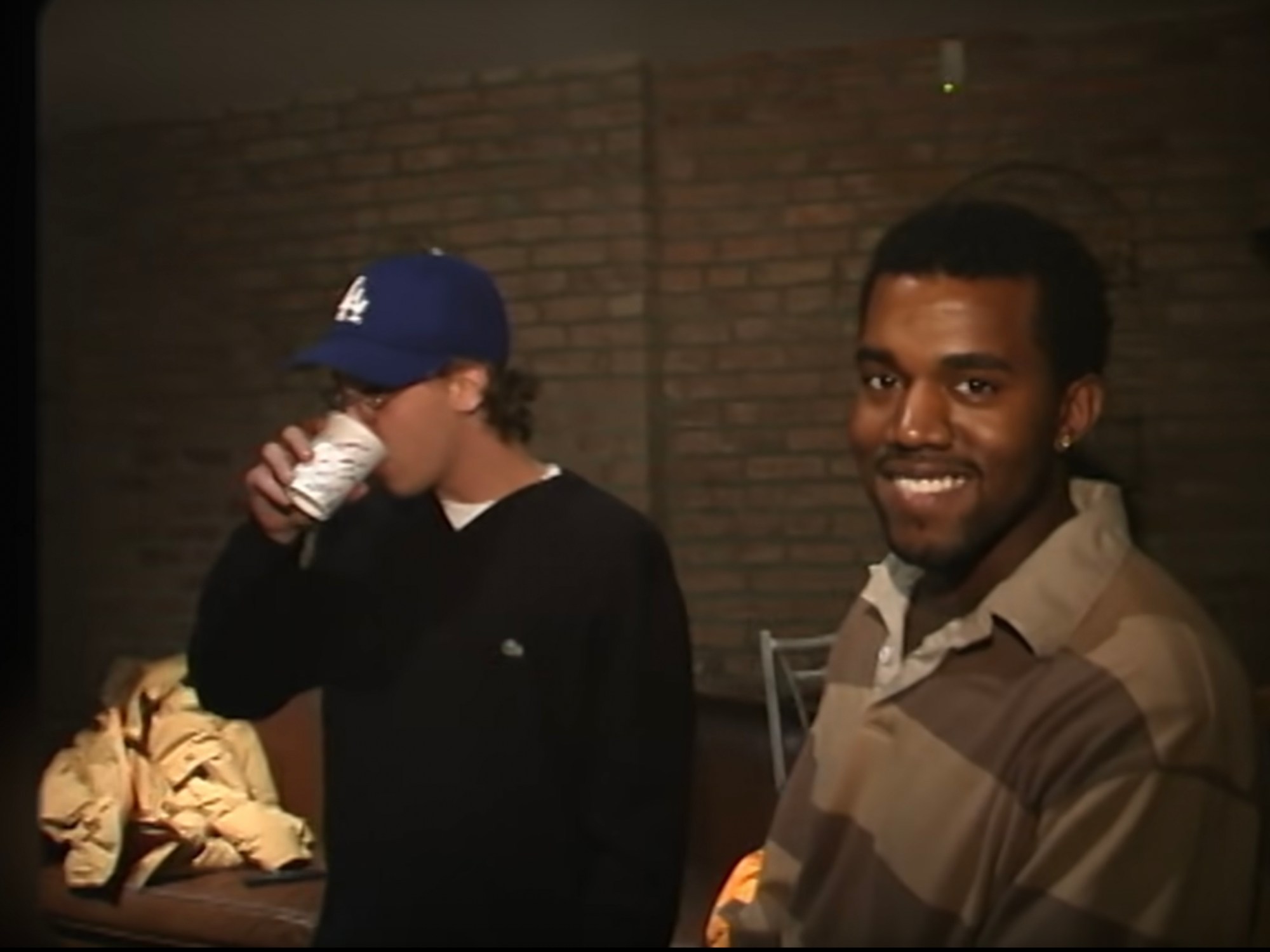
- Festivals
Sundance 2022: Music Documentaries Receive Deserving Festival Spotlight
All of us, regardless of age, country of origin, or any number of other characteristics, have had at least one moment in our lives when the simplest expression sang, and in accompaniment with some combination of piano, guitar, bass, or another instrument, landed like an emotional atom bomb, splitting our heart in two.
Music, just like cinema, and probably even more so, has the ability to transcend cultures and the borders of nations. It can beguile, transport, uplift, and connect people, reminding us of the vast commonalities of the human experience — our many shared joys and sorrows. A quartet of very different nonfiction offerings at this year’s Sundance Film Festival collectively serves to underscore this fact, showcasing a range of performers who have both changed and continue to challenge the world.
The phonetically titled jeen-yuhs: A Kanye Trilogy, which makes its debut on Netflix on February 16, is a sprawling, 280-minute exploration of the preternatural drive and hustle of American rapper Kanye West, who recently legally changed his name to simply Ye. Co-directed by Chike Ozah and Clarence “Coodie” Simmons, who’s been filming the musician for more than 20 years, the project is divided into three acts (titled “Vision,” “Purpose,” and “Awakening”), providing a catbird seat view of West’s rise to superstardom. While West’s deteriorating relationship with Simmons complicates the concluding segment’s framing of the narcissism, manic outbursts, and mental health struggles that have engulfed its mercurial subject’s career over the last decade-plus, jeen-yuhs is still an engaging and essential portrait of unbridled creativity rocket-strapped to outsized ambition.
Irish singer Sinéad O’Connor is another figure who has for most of her career polarized audiences, while also grappling with bipolar disorder and other mental health issues. Debut feature director Kathryn Ferguson’s sensitive and sympathetic Nothing Compares serves up a rich portrait of this complicated, ahead-of-her-time figure. Adroitly interweaving archival footage with exclusive interviews, the film ably chronicles the many controversies which have swirled around O’Connor (including, most famously, her incendiary 1992 performance on Saturday Night Live, in which she tore up a photo of Pope John Paul II to protest his silence on the sexual abuse of children endemic in the Catholic Church), challenging and deconstructing the frequent media portrayal of the singer as unhinged by rooting these characterizations in an industry and a broader culture itself gripped by misogyny and patronization.
Music of course frequently has a connection to political protest, and Emmy Award-winning director Rita Baghdadi’s Sirens focuses on a Lebanese duo, Lilas Mayassi and Shery Bechara, who bonded after first meeting at a demonstration demanding government action on their community’s broken sanitation system. The duo would go on to found the first and only all-female thrash metal band in the Middle East, Slaves to Sirens, and be joined by vocalist Maya Khairallah, bassist Alma Doumani, and drummer Tatyana Boughaba. Addressing protest through means both direct and representative, Sirens is a shrewdly observed intersectional work that celebrates art, political engagement, and the depths of female bonds in oppressive societies.
Finally, if music can travel internationally, it also frequently breeds intensely knit communities that reflect a particular time and place. A return to the Sundance Film Festival for co-directors Dylan Southern and Will Lovelace (Shut Up and Play the Hits), Meet Me in the Bathroom documents one such era — the Lower East Side explosion of post-punk, indie and garage-rock revival in the early 2000s New York City. Inspired by Lizzy Goodman’s 2017 same-named book, Meet Me in the Bathroom unpacks and examines this scene as embodied by groups like Yeah Yeah Yeahs, The Moldy Peaches, and LCD Soundsystem, but most especially The Strokes — who would become international superstars and go on to inspire The Killers, Franz Ferdinand, Arctic Monkeys, and many more. For fans of the music, the film is a most welcome front-row ticket back in time; for others, it’s a vibrant, pulsating time capsule.

